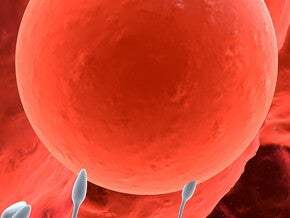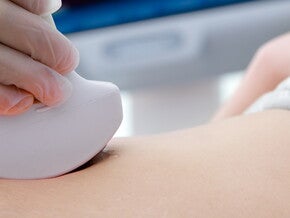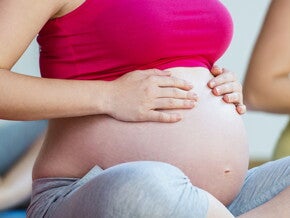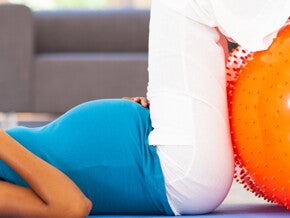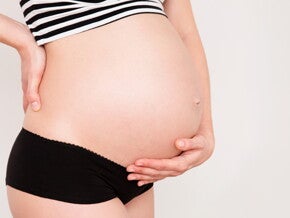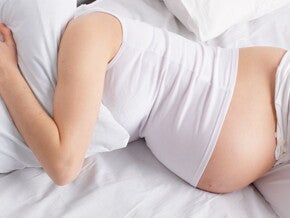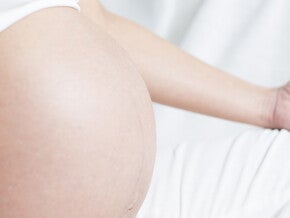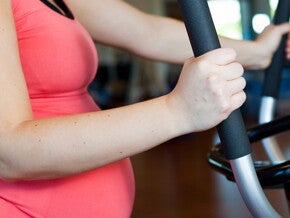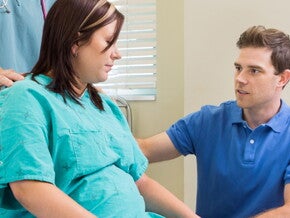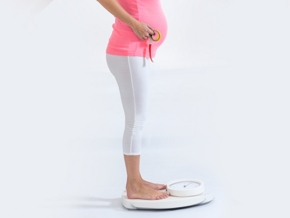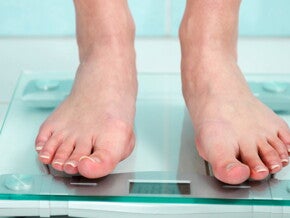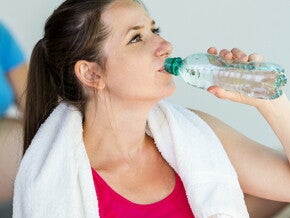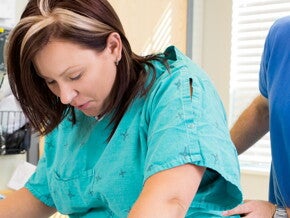
Health and fitness
Ideally, you should assess your health and fitness. You may need to make some changes to your lifestyle
Medical check-up
Have a full medical check-up and the necessary screening to ensure that you are healthy and free of any disease or infection.
Ideal body weight
You may find conception easier if you are at a healthy weight. Having a high body mass index (BMI) can make falling pregnant more difficult as fat cells can produce more oestrogen that can disrupt your cycle.
Ovulation
Knowing when you are likely to ovulate can improve your chances of falling pregnant.
How ovulation works
It may be helpful to track your menstrual cycles as anticipating your most fertile time is very important in helping to plan your pregnancy. Ovulation normally occurs 10-16 days before the start of your next period. You are most likely to get pregnant within a day or so of ovulation. Your ovulation should be somewhat easy to predict
depending on how regular or irregular your menstrual cycle is.
The best chances for conception occur if you have sex within 1-5 days before ovulation begins as it increases the chance of a sperm finding the egg. It is important to have intercourse more than once around the time of ovulation as sperm can survive in the woman’s fallopian tubes for 5 or 6 days while your egg only survives for 12-24 hours.
Maternal diseases
If you have a pre-existing medical condition, your doctor must assess your disease status and advise you of any possible risks regarding pregnancy and childbirth.
Infectious risks
Sexually transmitted diseases
- AIDS AIDS stands for Acquired Immune Deficiency Syndrome and is caused by the HIV virus. (HIV, weakens the immune system by destroying important cells that fight disease and infection.-positive – Human Immunodeficiency Virus).
- Syphilis - Syphilis is a bacterial infection usually spread by sexual contact. The disease starts as a painless sore – typically on the genitals, rectum or mouth.
- Gonorrhoea - A sexually transmitted disease caused by a bacterial infection that causes inflammation of the genitals and urinary tract.
- Chlamydia - Chlamydia is a sexually transmitted disease caused by the bacterium, Chlamydia trachomatis, which can damage a woman’s reproductive organs.
- Genital herpes - Genital herpes is a sexually transmitted infection that affects men and women. Features of genital herpes include pain, itching and sores in the genital area.
Other infectious diseases
- Hepatitis B.
- Toxoplasmosis.
- Rubella (German measles).
- Cytomegalovirus.
Genetic counselling
If you or your partner are in your late 30s with a family history of hereditary genetic disease or have a child with a congenital or hereditary disorder, it is wise to seek genetic counselling before becoming pregnant.
Dental check-up
Women trying to get pregnant should also not forget about their dental hygiene! Flossing and taking care of your teeth before falling pregnant can help decrease your chances of experiencing gum complications while pregnant. Hormonal shifts during pregnancy can make you susceptible to gum disease, such as gingivitis, because gums react differently to the irritants in plaque. Keeping your teeth clean, especially around the gum line, and flossing while planning your pregnancy will help reduce or prevent gum disease.
It is advisable to have a dental check-up, and any treatment you may need, before pregnancy. Also see an oral hygienist at least once.
Sleep
Sleep is the time when your body heals itself, including your reproductive system. If you get less than five hours of sleep per night you are more susceptible to side effects that could affect your fertility, such as weight gain and caffeine dependence. You should try to get the recommended eight hours of sleep per night.

